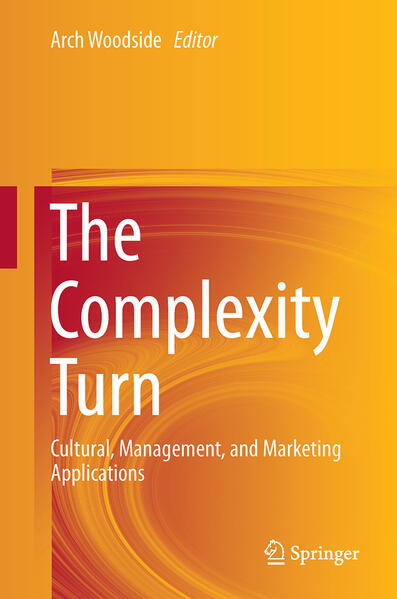
Zustellung: Di, 01.07. - Fr, 04.07.
Versand in 1-2 Wochen
VersandkostenfreiBestellen & in Filiale abholen:
This book takes the reader beyond net effects and main and interaction effects thinking and methods. Complexity theory includes the tenet that recipes are more important than ingredients-any one antecedent (X) condition is insufficient for a consistent outcome (Y) (e. g. , success or failure) even though the presence of certain antecedents may be necessary. A second tenet: modeling contrarian cases is useful because a high or low score for any given antecedent condition (X) associates with a high Y, low Y, and is irrelevant for high/low Y in some recipes in the same data set. Third tenet: equifinality happens-several recipes indicate high/low outcomes.
Inhaltsverzeichnis
Chapter 1. Embracing the complexity turn in management research for modeling multiple realities. - Chapter 2. Taking the complexity turn in strategy management theory and research. - Chapter 3. The complexity turn in human resources theory and research. - Chapter 4. The complexity turn in behavioral pricing. - Chapter 5. The complexity turn in cultures consequences on entrepreneurship, innovation, and quality-of-life. - Chapter 6. The complexity turn to modeling firm heterogeneity in corporate social and financial performance.
Produktdetails
Erscheinungsdatum
23. Februar 2017
Sprache
englisch
Auflage
1st edition 2017
Seitenanzahl
280
Herausgegeben von
Arch G. Woodside
Verlag/Hersteller
Produktart
gebunden
Abbildungen
XXV, 254 p. 59 illus., 34 illus. in color.
Gewicht
588 g
Größe (L/B/H)
241/160/21 mm
ISBN
9783319470269
Entdecken Sie mehr
Bewertungen
0 Bewertungen
Es wurden noch keine Bewertungen abgegeben. Schreiben Sie die erste Bewertung zu "The Complexity Turn" und helfen Sie damit anderen bei der Kaufentscheidung.









